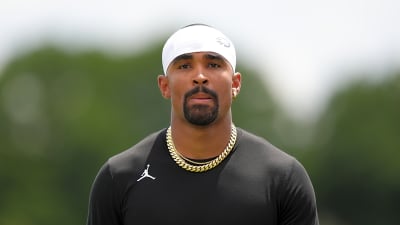
When the first official On3 Heisman Trophy poll dropped this week, quarterback Jayden Maiava’s name was on the list—but not nearly as high as USC Trojans fans might have hoped.
The Trojans’ starting quarterback tied for 17th place with just two votes, sitting alongside Tennessee’s Joey Aguilar and Arkansas’ Taylen Green.
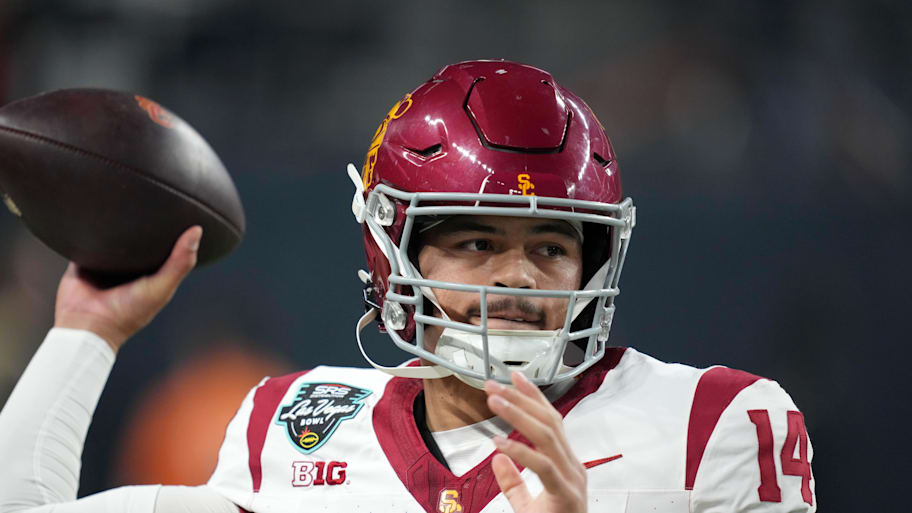
That placement says less about Maiava’s performance and more about the perception of USC’s schedule.
Quarterback-Heavy Race
The poll itself was dominated by quarterbacks, with eight of the top 10 coming from under center.
LSU’s Garrett Nussmeier (56 votes) and South Carolina’s LaNorris Sellers (55) headline the early season conversation after strong opening wins against Power Four opponents.
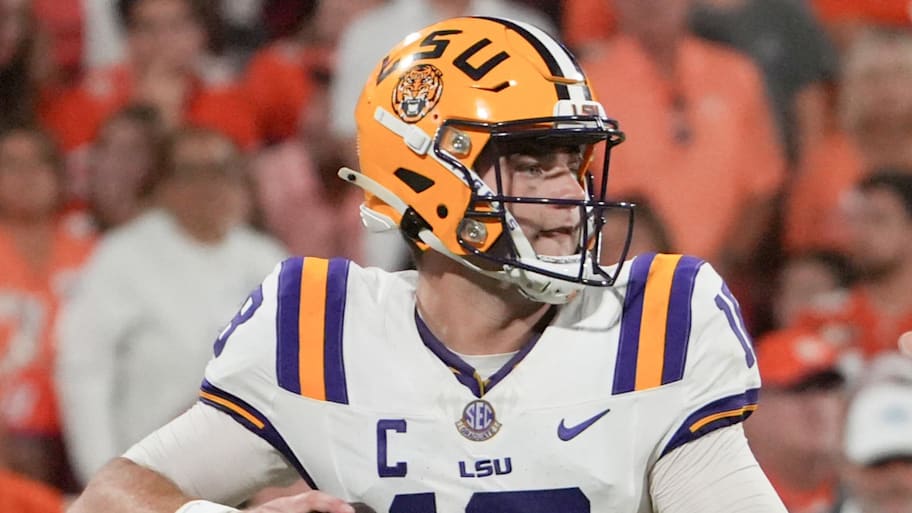
Their placement underscores what is becoming increasingly clear—strength of opponent is the most valuable currency in the Heisman race.
Of the top 10, only Oklahoma’s John Mateer (4th) and Arizona State’s Sam Leavitt (8th) produced their breakout performances against non–Power Four opponents.
Both still found themselves rewarded after piling up big box-score numbers—Mateer with three passing touchdowns, one rushing score, and nearly 400 yards of offense; Leavitt with four total touchdowns and close to 260 passing yards.
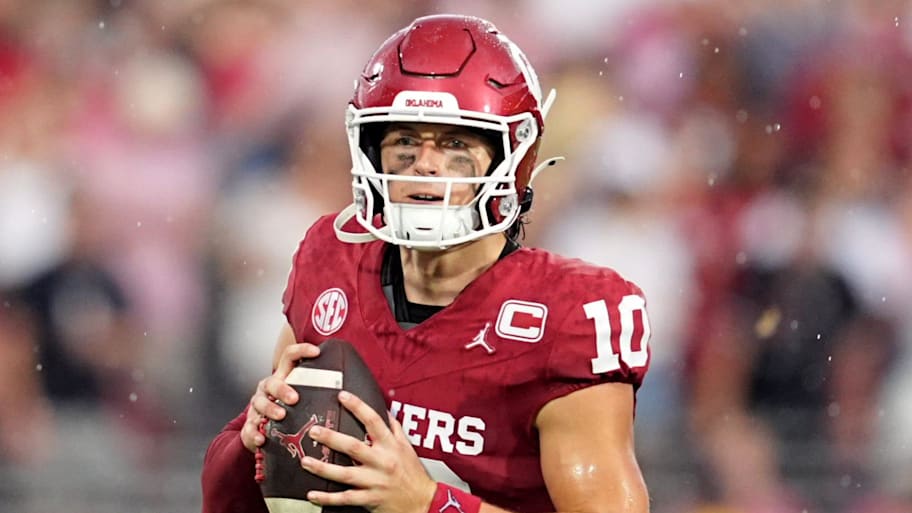
A Glaring Trend to Watch
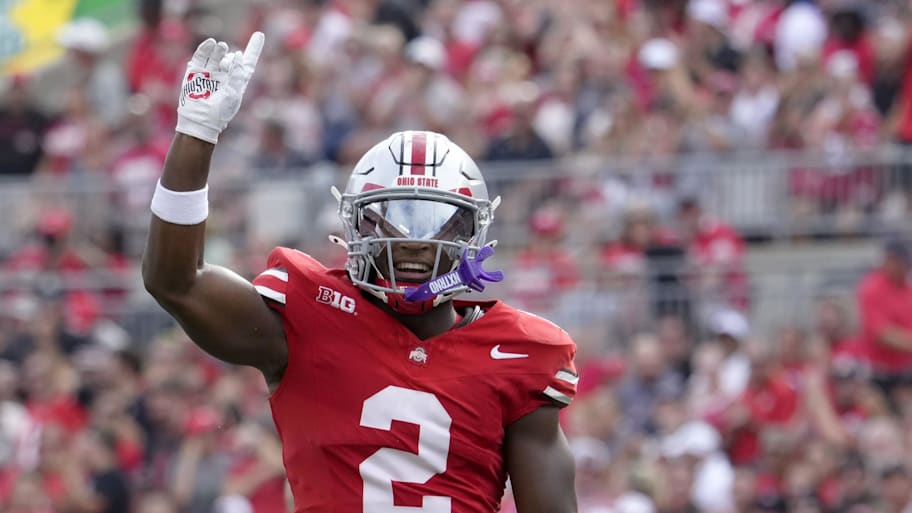
This week’s poll also made room for defense, with three players cracking the top 11—Ohio State safety Caleb Downs, South Carolina edge rusher Dylan Stewart, and Miami defensive lineman Reuben Bane.
Each of them not only impressed statistically but did so in wins against Power Four teams, reinforcing the committee’s emphasis on quality of competition.
But the most glaring example of that trend comes with Georgia Tech quarterback Haynes King.
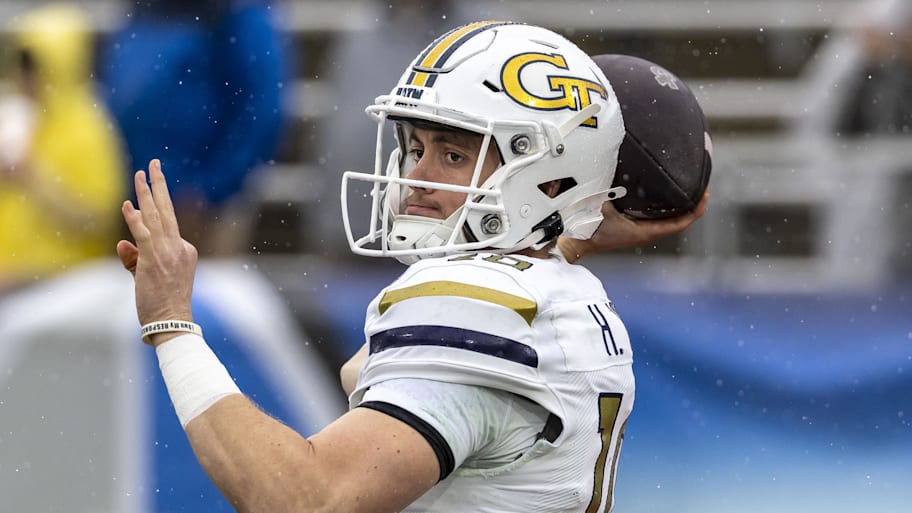
Despite losing to Vanderbilt, King finished 10th thanks to 300 total yards and three touchdowns against an SEC defense. That’s the kind of résumé booster Maiava doesn’t get playing Missouri State.
Scheduling Woes
Maiava’s problem isn’t production—it’s opportunity.
He played only the first half in USC’s blowout win over Missouri State, avoiding stat-padding but also losing a chance to build the kind of highlight reel that resonates in national conversations.
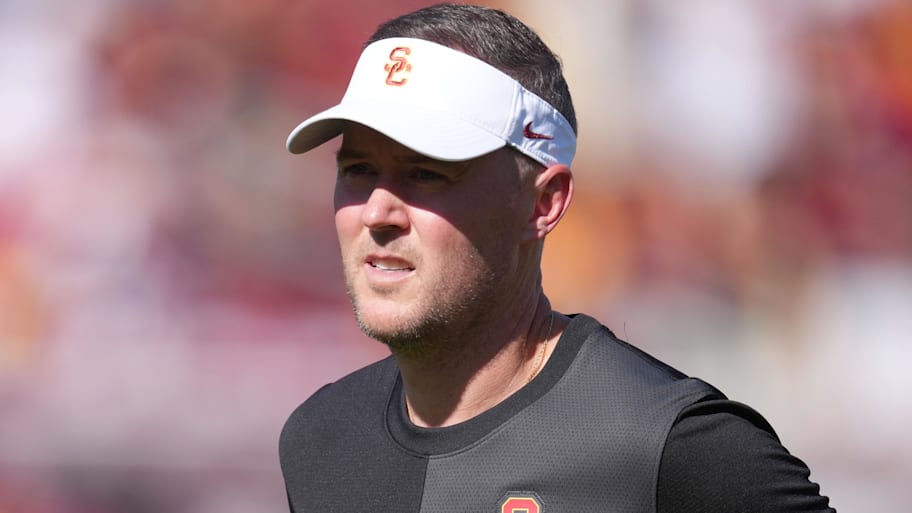
When the Heisman race is already showing preference toward quarterbacks who faced stiffer competition, that matters.
The bigger concern for USC isn’t just Maiava’s individual recognition. If voters are this tuned into strength of schedule in early September, it’s a warning sign for how the College Football Playoff committee may later evaluate the Trojans.
Lincoln Riley’s scheduling philosophy, designed to ease USC into the season, might instead be putting his quarterback—and his program—at a disadvantage in the metrics that matter most.
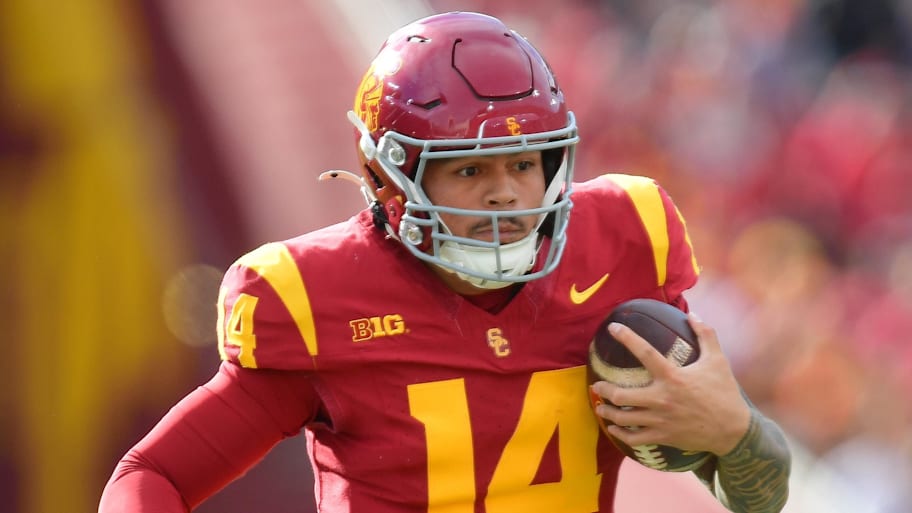
For Maiava, the coming weeks will be critical. Stat lines alone won’t be enough.
Until USC faces ranked opponents in late September and October, the sophomore quarterback may have to wait to prove that he belongs among the true Heisman front-runners.
More must-reads:
- CFB Week 2 winners, losers: Baylor QB shines, Florida HC Billy Napier suffers crushing defeat
- Florida HC Billy Napier responds to job security concern after loss to USF
- The 'College football FBS nicknames' quiz
Customize Your Newsletter
 +
+
Get the latest news and rumors, customized to your favorite sports and teams. Emailed daily. Always free!





